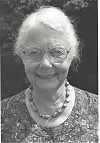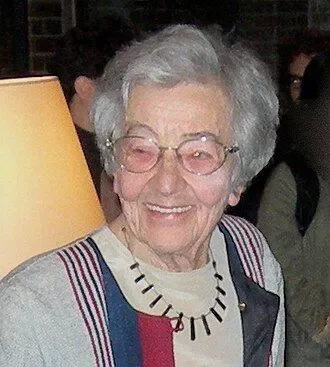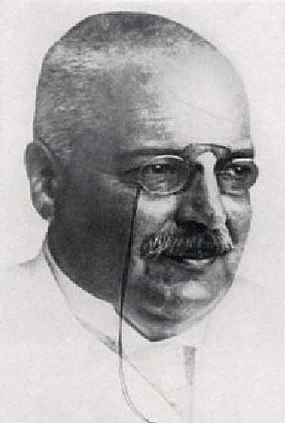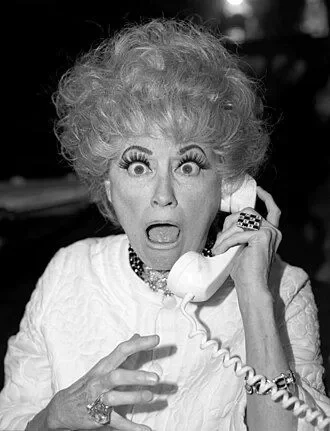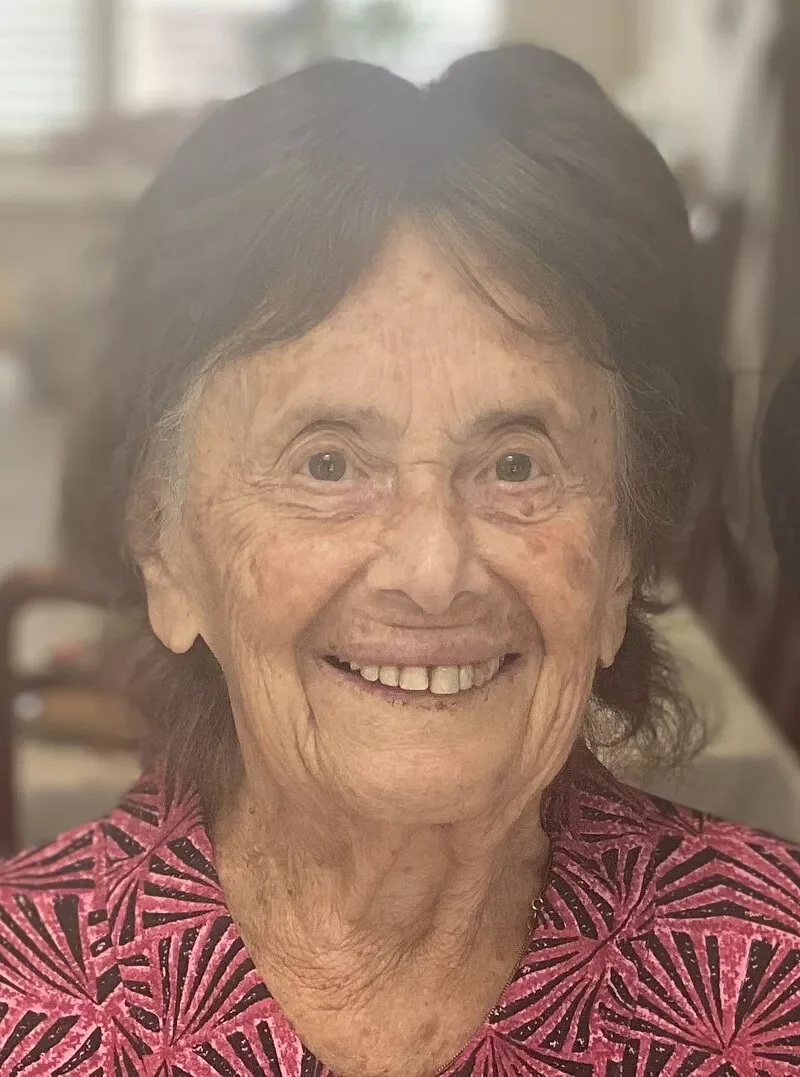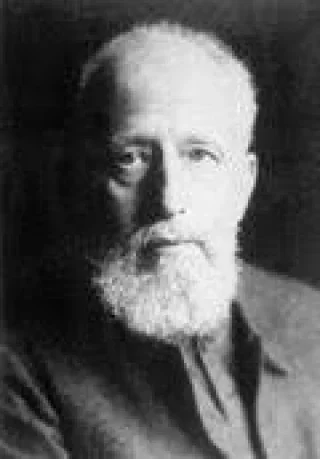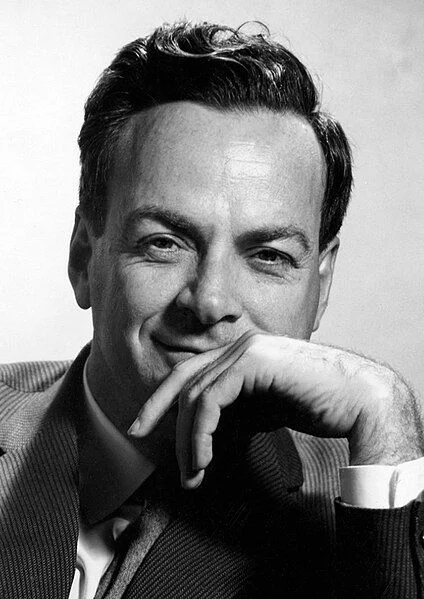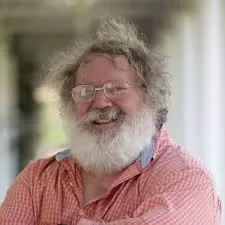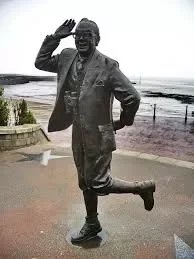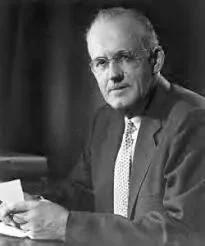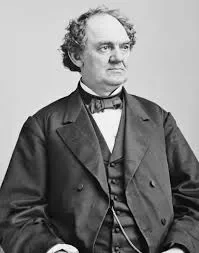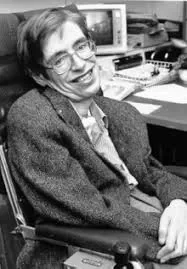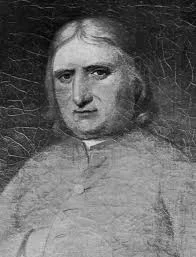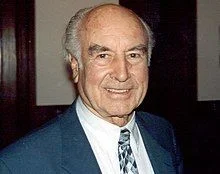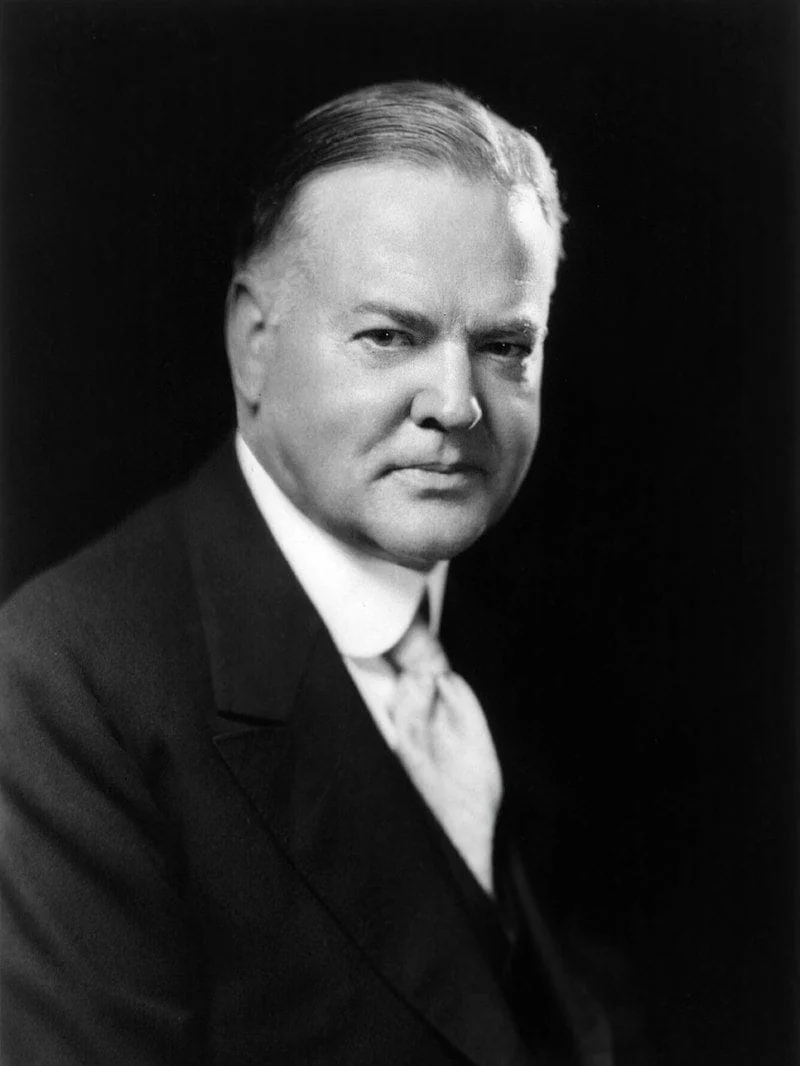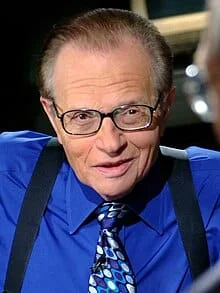Real Celebrities Never Die!
OR
Search For Past Celebrities Whose Birthday You Share
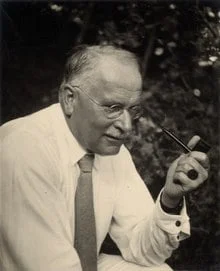
source:wikimedia.org
Carl Jung
Birthday:
26 Jul, 1875
Date of Death:
06 Jun, 1961
Cause of death:
Circulatory disease
Nationality:
Swiss
Famous As:
Author
Age at the time of death:
85
Carl Jung's Quote's
Early Life and Background
Carl Gustav Jung was a Swiss psychiatrist and psychoanalyst who is well known for founding analytical psychology. Carl Jung is famous for his influential work in the fields of psychiatry, philosophy, and psychology as well as for his theories of the human psyche. Jung was born on July 26, 1875, in Kesswil, Switzerland in the Swiss canton of Thurgau. He was born to a well-established Swiss family and was the first son of Emilie Preiswerk and Paul Jung. His father worked as a pastor of the Swiss Reformed Church and his mother came from a family of pastors and churchmen.
Early Influences and Education
During his early years, Jung’s mother showed eccentric behavior and depression which had a profound effect on Jung’s mindset, leading him to think that women with unreliability and men with reliability but powerlessness. As a child, he showed interest in science and always found it to be fascinating. His family’s religious background had a profound impact on Jung’s early years. Initially, Carl Jung aspired to become a preacher or minister due to his religious background but due to his family’s financial struggles, he decided to study medicine and also found it fascinating. He began studying medicine at the University of Basel. After completing his medical degree, Jung moved to Zurich and joined the Burghölzli Psychiatric Hospital where he started to take an interest in psychiatry and the study of the human mind.
Collaboration with Sigmund Freud
In 1902, he furthered his studies by working with Pierre Janet and becoming a lecturer at Zurich University’s medical faculty in 1905. After that, he started a practice in Küsnacht where he started a close friendship with Sigmund Freud. However, his relationship with Freud started to deteriorate and came at a definitive break during the 1910s. Carl Jung made significant achievements in the field of psychology during his career. He founded analytical psychology and was one of the first to explore the religious nature behind the psyche.
Theories and Key Contributions
Jung was also the first person to introduce and identify two personality traits namely Extroversion and Introversion. He also introduced the collective unconscious, a cultural repository of archetypes and memories common to all humans. He developed a concept of individuation, which focuses on the personal growth and development of an individual. Another one of his contributions was his theory of psychological types in which he proposed that individuals can be categorized into 16 personalities. Other than his theories he also authored multiple books including “The Psychology of the Unconscious”, “Psychological Types”, “The Red Book”, and “Man and His Symbols”.
Military Service and Personal Growth
During his lifetime Carl also served in the military during World War I, which had a significant impact on his professional life. During the War, he served as a military doctor in Switzerland and helped soldiers who suffered from post-traumatic stress disorder. This contributed to him having more intel on the human psyche and extreme stress. He experienced self-reflection during this period which he later referred to as “creative illness”.
Travels and Global Influence
Throughout his life, he embarked on extensive travels to various parts of the world which included North Africa, India, the American Southwest, and various European countries. His journey helped him to gather intel on mythology, religion, and spiritual beliefs. In the USA, he gave lectures and met with other famous psychologists.
Later Years and Legacy
During his later years, he became a full-time professor of medical psychology at the University of Basel in 1943. He continued to publish books like “Flying Saucers: A Modern Myth of Things Seen in the Skies”. He published his last work “Approaching the Unconscious” in 1961.
Death and Continued Influence
On 6 June 1961 Jung passed away due to circulatory disease in Küsnacht at the age of 85. Carl Jung’s work has had a significant influence in psychology and his works continue to be studied and discussed today.
Name:
Carl Jung
Popular Name:
Carl Jung
Gender:
Male
Cause of Death:
Circulatory disease
Spouse:
Place of Birth:
Kesswil, Thurgau, Switzerland
Place of Death:
Küsnacht, Zürich, Switzerland
Occupation / Profession:
Personality Type
Debater: Smart and curious thinkers who cannot resist an intellectual challenge. Analytical psychology was made possible by his impressive cognitive abilities.
Carl Jung Toured in India in 1937.
Carl Jung was a Solitary Kid who liked to keep to himself during childhood.
Founder of analytical psychology
Honorary doctorates from Clark University, Fordham University, Harvard University, University of Allahabad, University of Benares, University of Calcutta, University of Oxford, University of Geneva and Swiss Federal Institute of Technology in Zurich
Honorary Member of the Royal Society of Medicine

